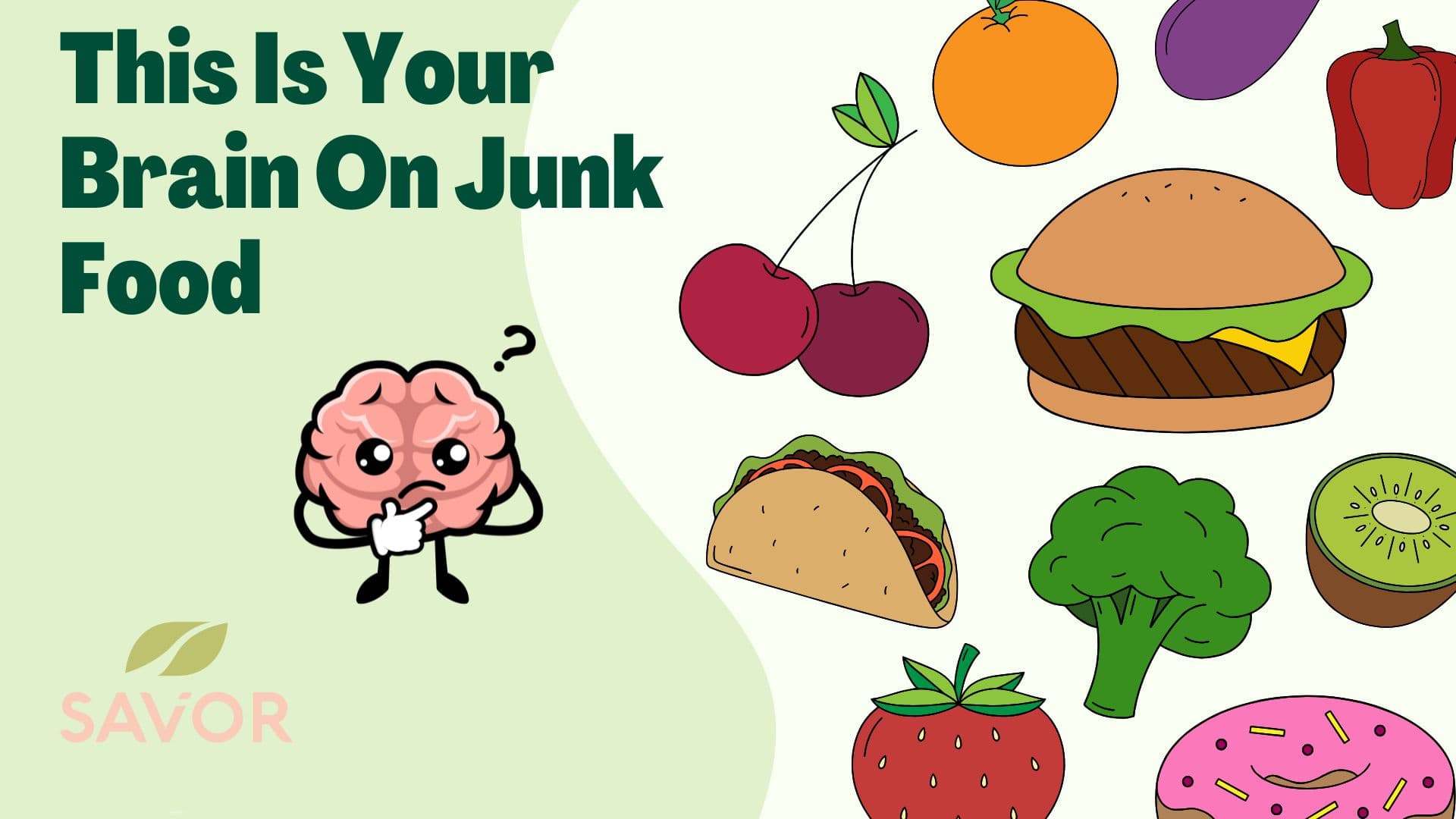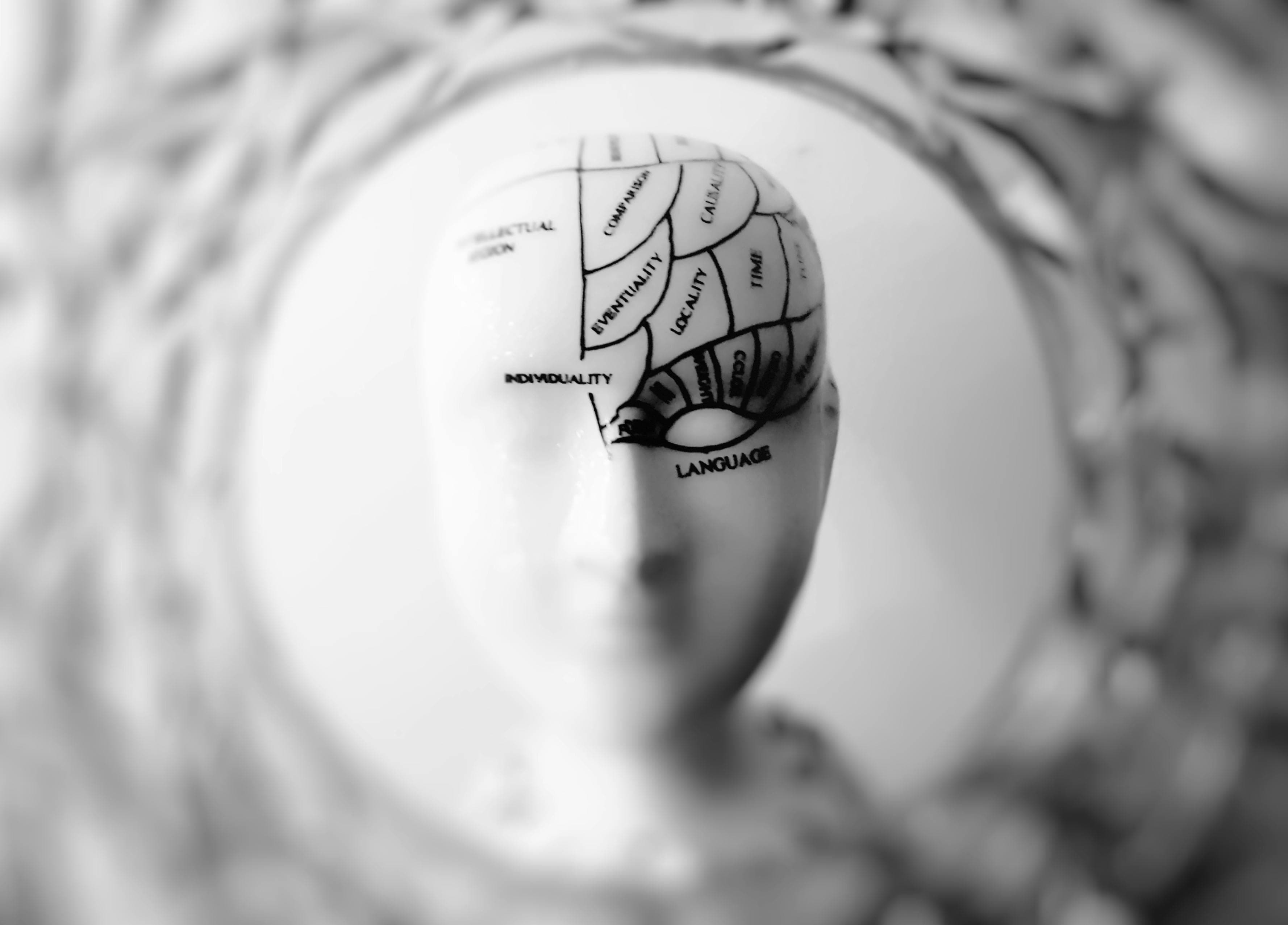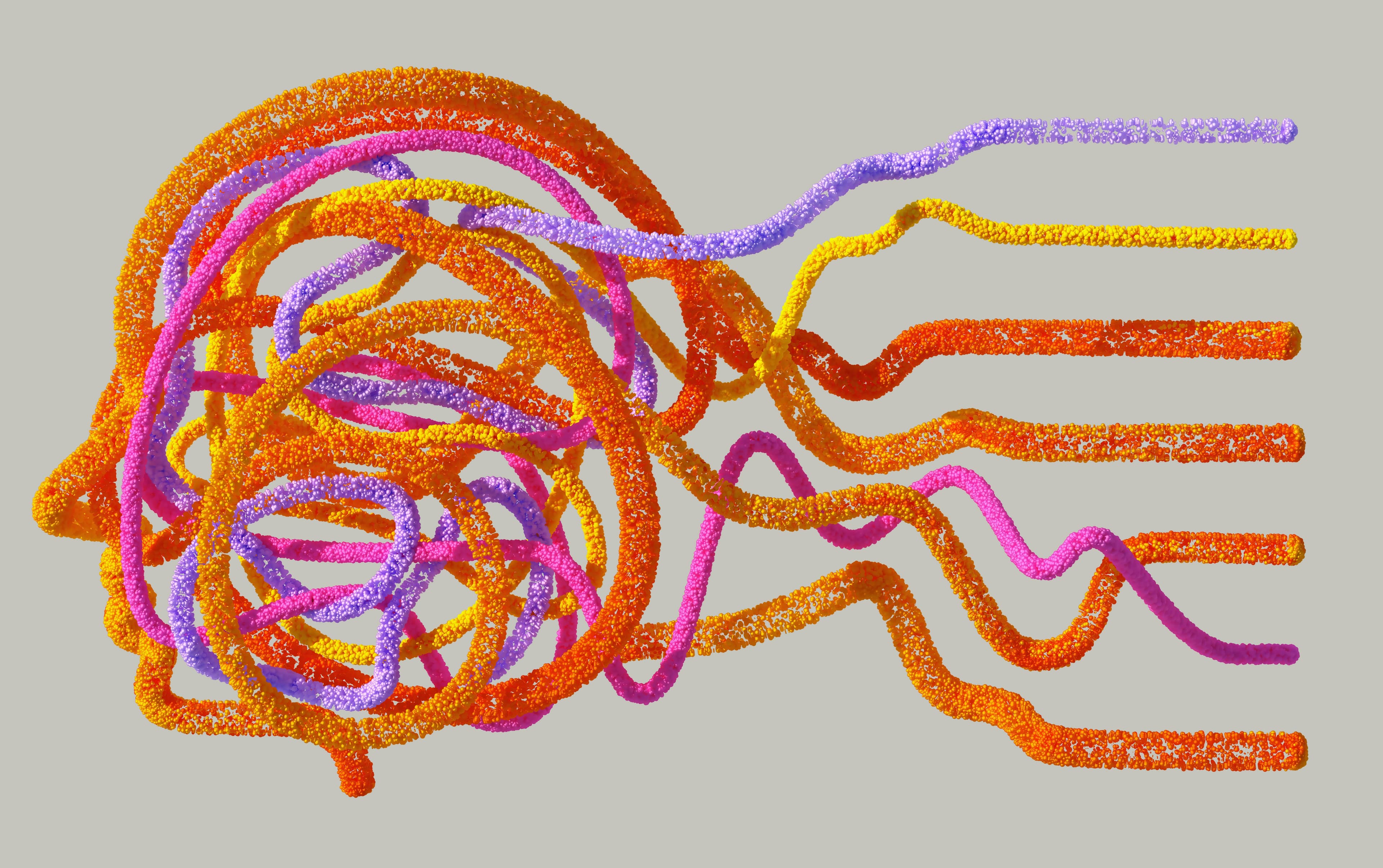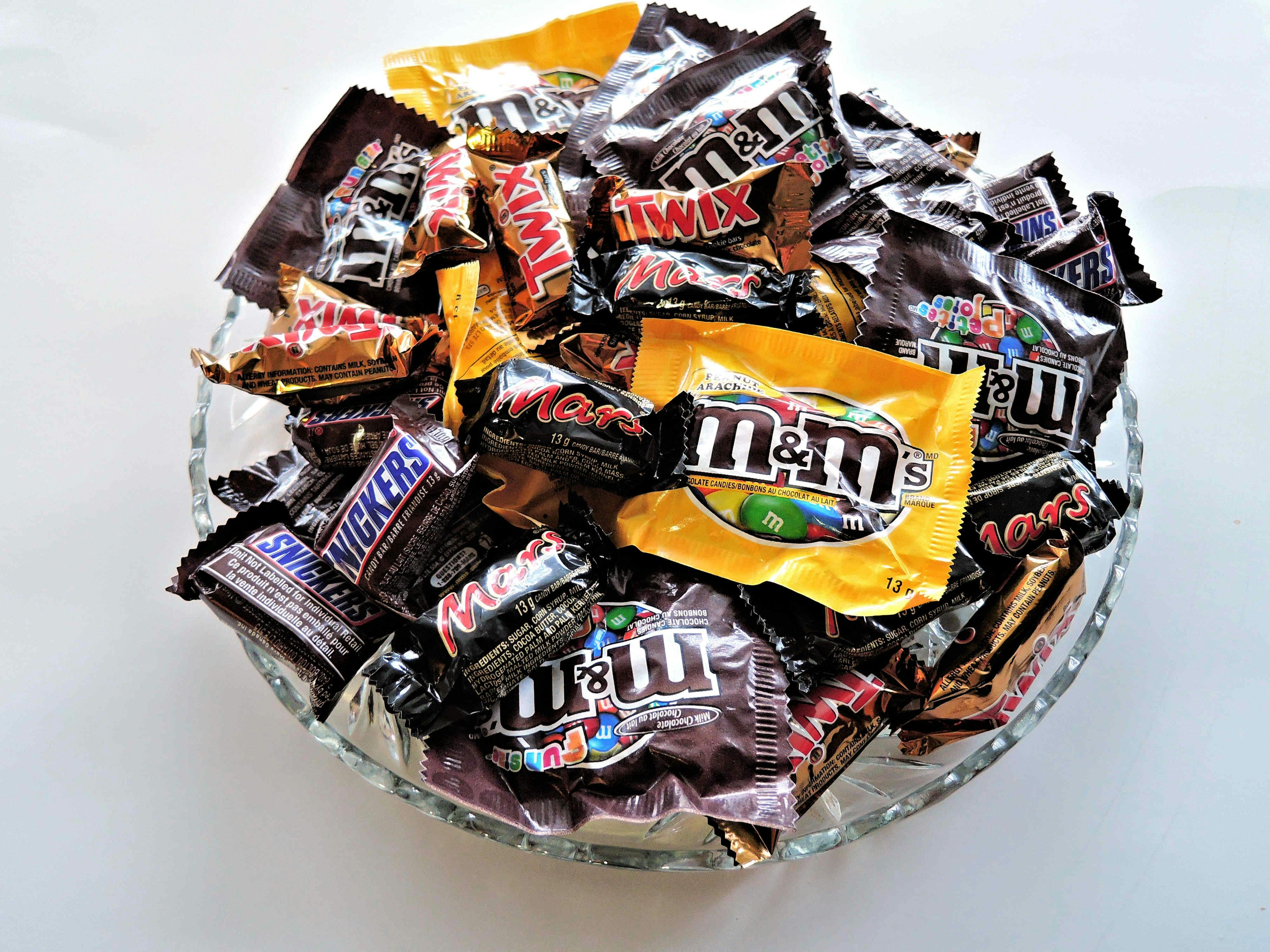This Is Your Brain On Junk Food
That late-night fast-food run or spontaneous donut binge might seem harmless—just a little indulgence. But science says your brain might remember it a little too well.

This Is Your Brain On Junk Food
That late-night fast-food run or spontaneous donut binge might seem harmless—just a little indulgence. But science says your brain might remember it a little too well. Recent research and expert insights suggest that junk food doesn’t just impact your waistline—it can actually rewire your brain, affecting everything from memory to decision-making and long-term health.

1. Your Brain’s Reward System Gets Hijacked
RMIT University researchers explain that junk food taps into the brain’s reward system, triggering a dopamine release that makes you feel good—fast. This is the same "feel-good" chemical released during experiences like gambling or drug use. Over time, your brain starts associating junk food with pleasure, creating a feedback loop where cravings are more about brain chemistry than hunger.
This dopamine hit also makes the brain less sensitive to pleasure over time. In other words, the more you indulge, the more you need to keep feeling satisfied—just like with other addictive behaviors.

2. Junk Food Messes with Memory and Learning
National Geographic reports on research revealing that fatty, sugary foods create stronger memories of pleasurable eating experiences. The hippocampus, the brain’s memory center, starts linking specific foods with reward—making cravings more persistent and harder to resist.
This means that simply remembering the taste of your favorite chips or milkshake can actually trigger a physiological response to seek them out. Your brain is actively encouraging you to repeat the experience, even if you're not physically hungry.

3. It Makes You More Impulsive
According to RMIT’s analysis, a junk food diet can increase impulsive behavior. This happens because junk food disrupts the function of the frontal cortex—the part of the brain responsible for decision-making and self-control. The result? You're more likely to say "yes" to the second slice of cake or the extra fries, even if you told yourself you wouldn't.

4. Brain Inflammation Is a Real Risk
Frequent consumption of highly processed foods also leads to low-grade inflammation in the brain, particularly in regions critical for memory and emotion regulation. Psychology Today highlights how this inflammation can impair neuroplasticity—the brain’s ability to adapt and learn—especially in young people.

5. The Effects Start Fast—and Can Last
Juan M Dominguez Ph.D. from Psychology Today also notes that even short-term junk food binges can significantly change brain activity.
For example, just one week of a high-fat, high-sugar diet can reduce sensitivity to satiety signals, leading to overeating.
Over time, this change becomes more deeply rooted in our bodies, setting the stage for chronic conditions like obesity and diabetes.

You Are What (Your Brain Thinks) You Eat
Junk food rewires your mind. From hijacking your reward system and triggering cravings to impairing memory, learning, and self-control, the impacts of processed foods run deep.
The next time you reach for that burger or candy bar, remember: it’s not just a snack. It’s a message to your brain—one that it’s very good at remembering.
Sources:
Love great food and exclusive perks? Sign up as a Savor of Life member today and enjoy a FREE Buffalo Cauliflower with your main dish! Don't miss out—join now!
👉 Claim your reward here: Savor of Life Membership Offer
Planning an event? Let Savor of Life bring the flavors to you! From social gatherings to large celebrations, our catering services offer delicious, high-quality meals tailored to your needs.
📅 Book now and make your event unforgettable! → Savor of Life Catering
Ready to transform your wellness with specially made meals? Sign up for our Savor Transform 10-Day Challenge and enjoy exclusive perks, special offers, and unforgettable meals!